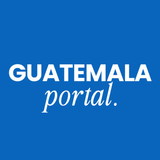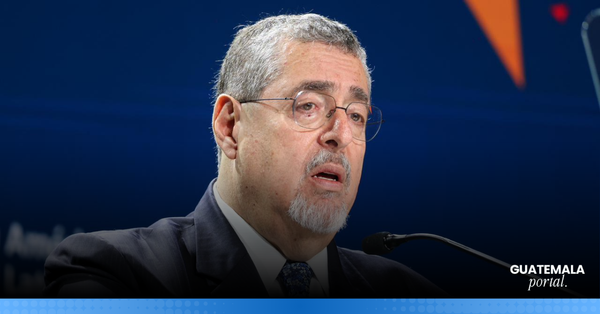The Importance of Public Health Alliances
Public health challenges require strong alliances between government, private companies, and civil society.

In countries like Guatemala, talking about public health means addressing a multidimensional challenge. Vaccination campaigns, the fight against chronic diseases, and the supply of medicines require more than government willpower. They demand infrastructure, technical expertise, and active collaboration from the private sector. That’s why alliances in public health are not optional, they are a prerequisite for progress.
These alliances make it possible to coordinate efforts, pool resources, and expand the reach of interventions. Without them, programs such as HPV vaccination, the distribution of cancer treatments, or care for remote communities would be unfeasible.
Who Are the Key Players in These Alliances?
For a national health strategy to succeed, it requires the commitment of multiple actors, each contributing from their area of expertise:
- Government: defines policies, regulates, and coordinates healthcare programs.
- Private companies: provide logistics, innovation, funding, and secure distribution.
- NGOs and foundations: run community projects and educational campaigns.
- Citizens: participate, demand accountability, and sustain long-term solutions through their involvement.
This ecosystem must operate with transparency, traceability, and constant coordination. Companies that join it must demonstrate certifications, ethical standards, and proven experience.
The Role of Agencias J.I. Cohen
A clear example of effective private-sector participation in the healthcare ecosystem is Agencias J.I. Cohen. Founded by Jack Irving Cohen and now led by Alberto Cohen Mory, the company has built over 70 years of experience in the logistics and pharmaceutical sector.
Its installed capacity, certification as an Authorized Economic Operator (AEO), and expertise in specialized logistics position it as a key player in Guatemala’s healthcare supply chain.
Among its most notable contributions are:
- Collaboration with the Ministry of Health in distributing vaccines and sensitive medications.
- Infrastructure that includes cold storage facilities and fleets equipped to maintain the cold chain.
- Certification as an Authorized Economic Operator (AEO), strengthening its reputation and logistical security.
- Coordination with international laboratories and local authorities to ensure nationwide coverage.
Its integration into the healthcare ecosystem demonstrates that logistics also saves lives.
Public health cannot rest solely on the State. Today’s challenges, from pandemics to chronic diseases, demand joint solutions across sectors. Strengthening these alliances is essential for a healthier, more resilient society that is prepared for any crisis. Because health is a collective good, and protecting it must be a shared mission.





